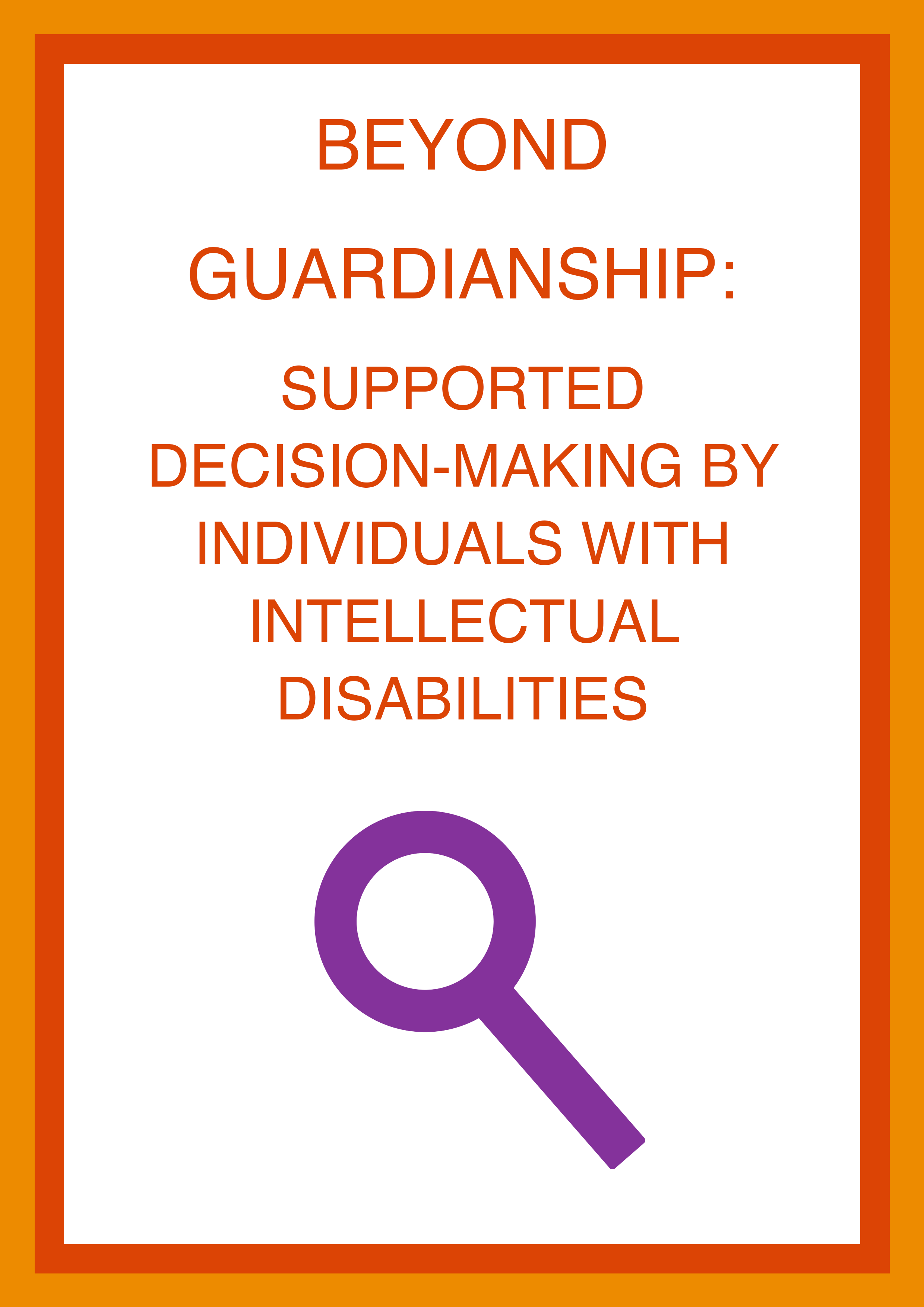This briefing paper prepares for a Roundtable discussion to explore and generate ideas beginning from a presumption of competence, promoting the rights, self-determination and independence of people with intellectual disabilities, emphasizing dignity and freedom of choice, supporting individuals with intellectual disabilities in the decision-making process and implementing the least restrictive options. For governments to fulfill their obligations under Article 12, this requires what many have referred to as a “paradigm shift” in the usual approaches to protecting and promoting the right to legal capacity. Adults can no longer be required to demonstrate that they meet certain tests of mental capacity in order to have their rights to legal capacity equally respected and protected. The United Nations Convention on the Rights of Persons with Disabilities (UNCRPD) recognizes this right and the supports needed to exercise it as an obligation, under international law, of governments to create and honour what is called “supported decision-making.”
Beyond Guardianship: Supported Decision Making By Individuals With Intellectual Disabilities
Published: 2011
Organisation: Guardianship Summit 2011

Format: PDF
Pages: 23
Count: 1397 Views